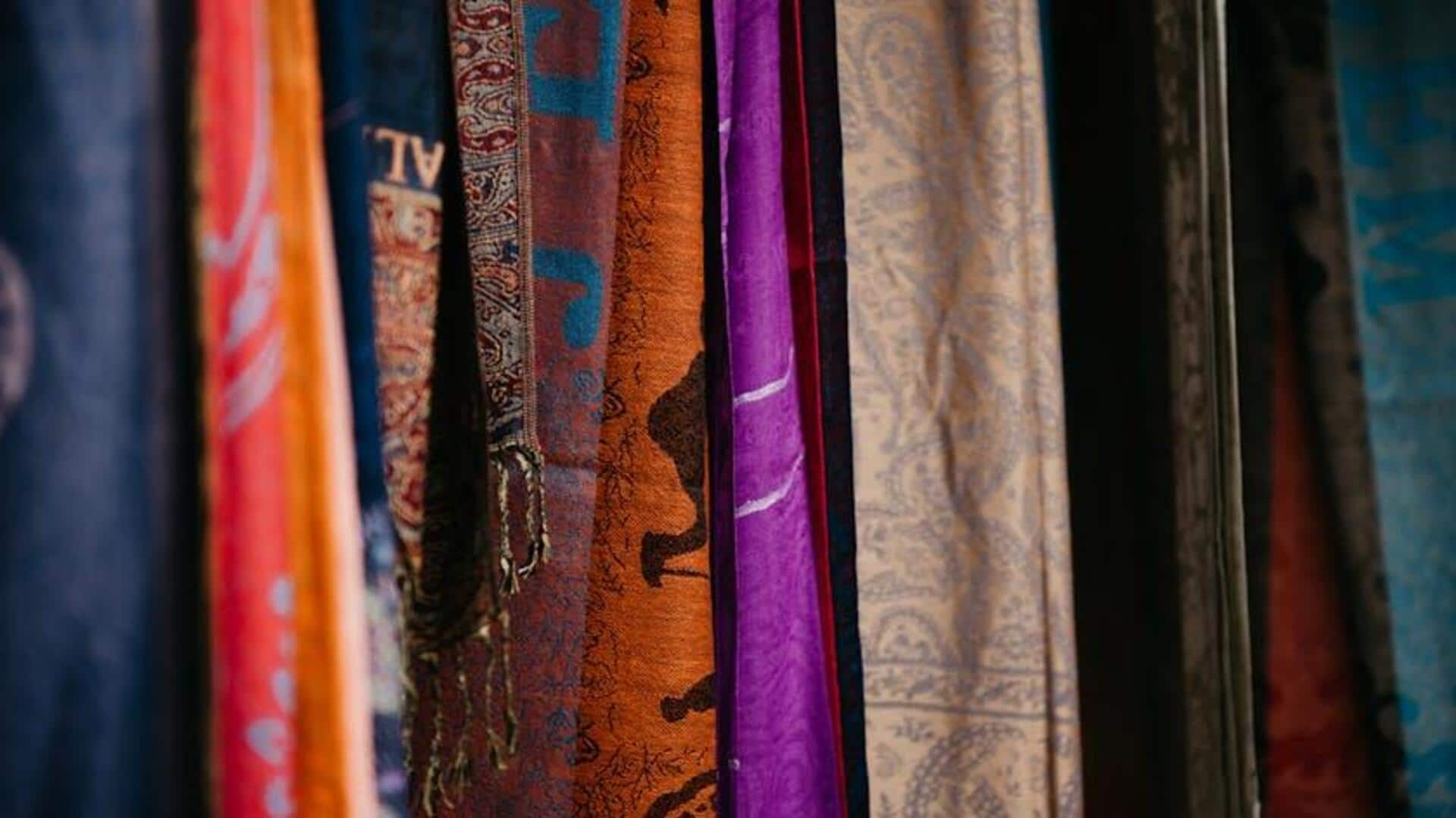
5 sustainable fabrics redefining fashion
What's the story
The fashion industry is increasingly turning to sustainable fabrics as a way to reduce its environmental impact.
These fabrics are not only eco-friendly but also offer unique qualities that appeal to modern consumers.
From reducing water usage to minimizing waste, sustainable fabrics are paving the way for a more responsible approach to fashion.
Here, we explore five innovative materials that are making waves in the industry.
Organic cotton
Organic cotton's eco-friendly appeal
Grown without synthetic pesticides or fertilizers, organic cotton is a more eco-friendly alternative to conventional cotton.
It consumes way less water and ensures healthier soil through crop rotation methods.
This fabric is soft, breathable, and versatile, which is why it is commonly used for all kinds of clothing while contributing to sustainable agriculture.
Bamboo fabric
Bamboo fabric's versatile nature
Bamboo fabric is derived from bamboo plants. It is soft and breathable.
Bamboo grows quickly, and doesn't require pesticides or too much water, making it an eco-friendly option.
The fabric is naturally antibacterial and has excellent moisture-wicking properties. This makes it perfect for activewear and casual clothing.
Hemp fabric
Hemp's durability and low impact
Hemp fabric is derived from the fibers of the hemp plant and is known for its durability.
It is grown using very little water and no pesticides, which gives it a low environmental footprint.
Hemp also becomes softer with every wash, while still being strong enough to be used in long-lasting garments like jeans and jackets.
Tencel fabric
Tencil's closed-loop production process
Tencel is made from sustainably sourced wood pulp in a closed-loop process that recycles 99% of solvents used in production. This leads to generating very little waste, unlike the traditional method.
Tencel fibers are smooth on the skin with great moisture management properties, which is why they are often used in luxury apparel, thanks to the silky feel they have.
Linen fabric
Linen's natural resilience
Linen is derived from flax plants, which need little irrigation or chemical intervention at the growth stages—which makes them highly sustainable crops in general.
Best known, perhaps, for being so lightweight yet strong enough to withstand wear and tear over time, linen garments breathe well too, so they're just perfect for the summer months when the temperatures rise high.